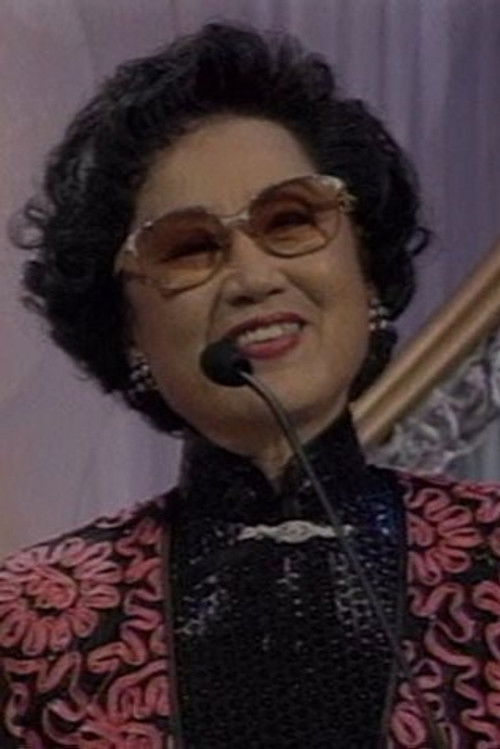
Popularity: 0.082
Hung Sin-Nui
A.K.A:
Nü Hongxian - Hong Xian-Nu - Hong Sin-Lui - Hung Hsien-Nu - Hong Sin-Loi - Huang Hsien-Nu - 紅線女 -1924-12-27 -2013-12-08
Female
/
Biography
Hung Sin Nui learnt the art of Cantonese Opera from her aunt Ho Fu Lin. She was spotted by the famous actor Ma Shi Tsang and became a leading actress at the age of 15. Hung played alongside Ma in productions like "The Spoiled Brat and Her Groom", "Bitter Phoenix, Sorrowful Oriole", "Wang Zhaojun Marries beyond the Great Wall" and so on. Hung went back to Guangzhou with Ma Shi Tsang in 1955 and joined the Guangdong Cantonese Opera Troupe. Under her leadership, the group gave performances of historical dramas like "Chu Yuan", "Guan Hanqing", and "The Tragedy of Lee Heung Kwan", all with Hung being the leading actress. She also founded the Hongdou Cantonese Opera Troupe where she trained and mentored a large number of Cantonese Opera actors and actresses. Besides on stage performances, Hung was also a film actress and appeared in over ninety films, including "The Judge Goes to Pieces", "A Mother's Tears", "Everlasting Love", "Wilderness", "The Pretty Tigress", "Searching the School" and "Guan Hanqing". In 1998, the Guangzhou city government built the Hungxiannu Art Center, to commemorate and preserve all the documentations of her contribution to the art of Cantonese opera, so that it can be admired and emulated by generations to come. - Hong Kong Tourism Board Hung was born to a family of Cantonese opera performers in the Guangdong city of Kaiping, and embarked on her own opera career under her aunt's mentorship at the age of 12. Born Kuang Jianlian (Kwong Kin-lin in Cantonese),, she took on her stage name, a traditional phrase signifying marriage and relationships which translates as "Red Line Girl", at the age of 14. Hung relocated to Hong Kong during the second world war. She ventured onto the big screen in 1947 and went on to make more than 90 films. They helped establish her as one of the biggest stars of Cantonese opera and Hong Kong cinema. At the peak of her career, Hung returned to Guangzhou and joined the Guangdong Cantonese Opera Troupe. During the Cultural Revolution, the opera star found herself condemned and banished from the troupe to work as a street sweeper. The opera star was branded as "Black Line Girl" A Guangzhou resident saw Hung being criticised during one of the "struggle sessions" that characterised the years of turmoil. "A blackboard was hung on her neck and the public threw rubbish at her, calling her opera poisonous and branding her a capitalist roader".
